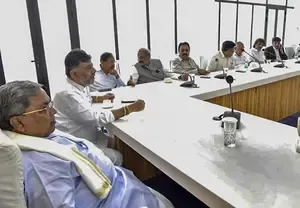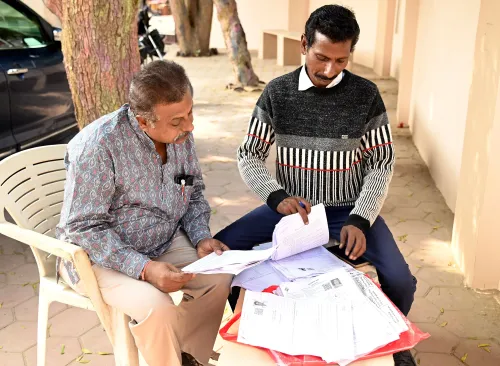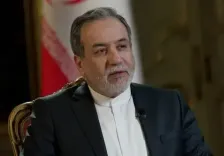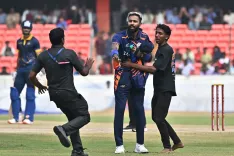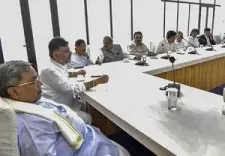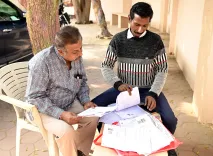What New Support Measures Has the Gujarat Government Introduced for Prisoners’ Families?
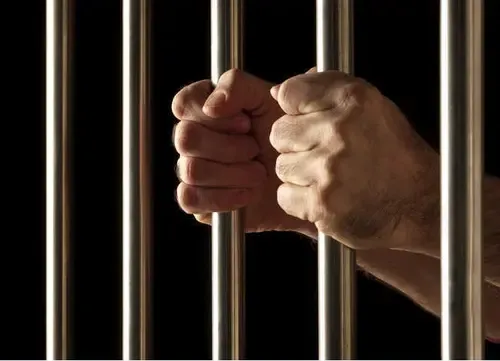
Synopsis
Key Takeaways
- Monetary rewards for children of prisoners based on academic achievements.
- Special provisions for elderly and sick inmates to ensure comfort.
- Emphasis on rehabilitation alongside security.
- Encouraging sports participation for children of inmates.
- Regular health check-ups and mental health support for inmates.
Ahmedabad, Aug 15 (NationPress) Gujarat Jail DGP K.L.N. Rao has unveiled a range of initiatives designed to aid the children of prisoners as well as the elderly and unwell inmates within the state’s correctional facilities.
These initiatives, launched under the Vikasdeep Yojana, emphasize the importance of education, sports, and compassionate care in jails.
Children of incarcerated parents who excel in competitive exams will now be eligible for monetary rewards and certificates at three different milestones: Rs 5,001 for clearing prelims, Rs 10,001 for successfully passing mains or written exams, and Rs 15,001 for final selection and appointment.
In the realm of sports, achievers at both state and national levels will receive accolades. State-level winners will be awarded Rs 3,001 for bronze, Rs 5,001 for silver, and Rs 7,001 for gold, alongside certificates and trophies for gold medalists.
At the national level, awards will be Rs 7,001 for bronze, Rs 10,001 for silver, and Rs 15,001 for gold, each coming with a trophy and a certificate.
Officials highlighted that these initiatives aim to uphold the dignity of inmates while actively promoting their rehabilitation.
By recognizing the achievements of prisoners’ children with cash prizes, the program seeks to inspire academic excellence and sports involvement, providing motivation and a sense of accomplishment despite adverse circumstances.
This initiative is poised to enhance the morale of these children and help dismantle the cycle of disadvantage and social stigma often linked to having an incarcerated parent.
Furthermore, the introduction of specialized care for elderly and ill prisoners underscores a profound humanitarian commitment within the prison system. Separate barracks, dedicated caregivers, and improved access through ramps are intended to ensure physical comfort and safety.
Regular health assessments, medical camps, and prompt access to nutritious meals and essential medications will address persistent health issues, while mental health support aims to alleviate feelings of isolation and stress.
Overall, these reforms represent a significant shift towards a more empathetic, reform-focused correctional policy in Gujarat, where care and rehabilitation are prioritized alongside security.



